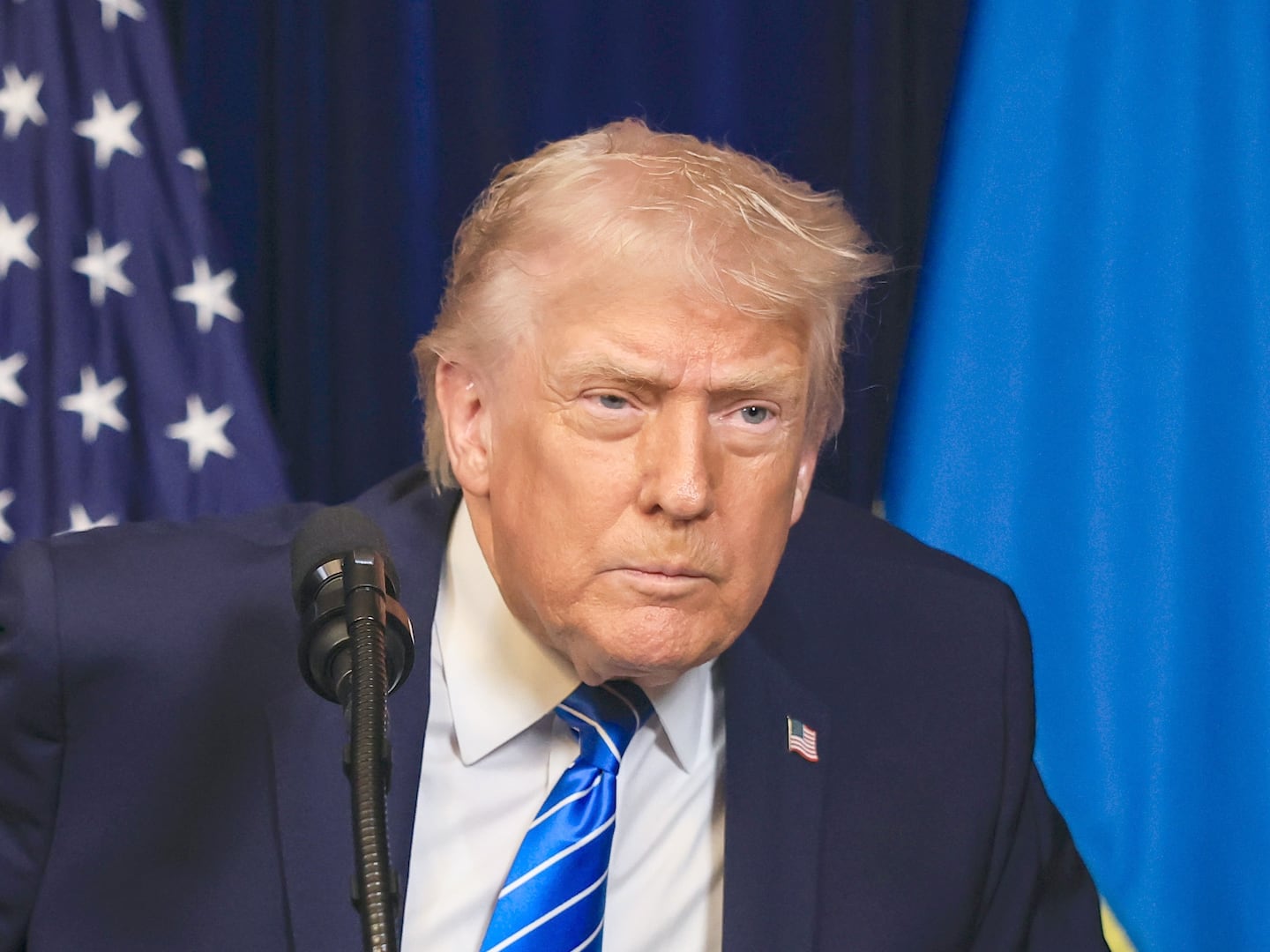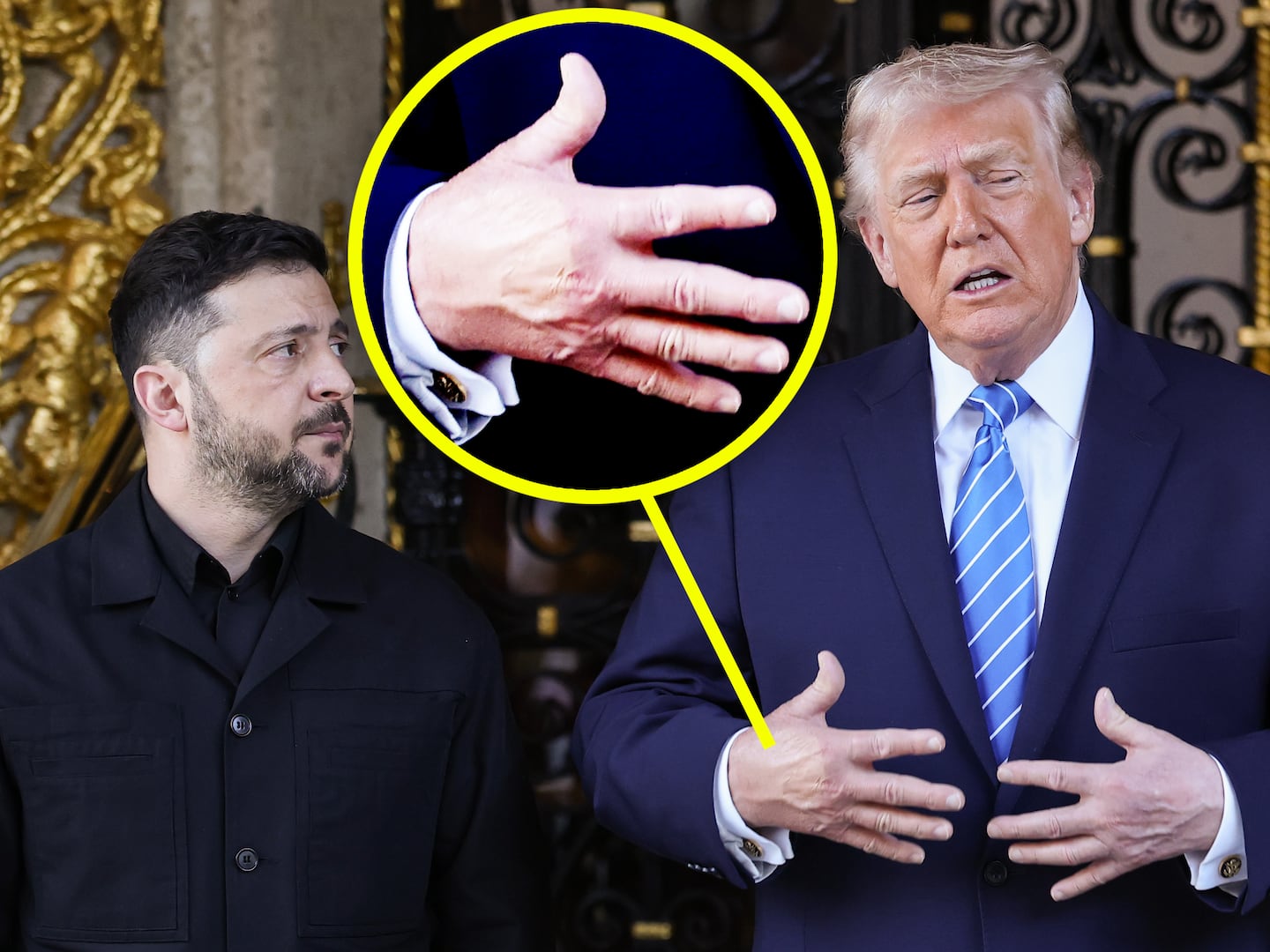
After almost a decade spent skulking around with billionaires, celebrities, and other less-than-savory characters, Bill Clinton has returned to the world of high-stakes diplomacy. Once again, his animal magnetism has been placed in service to America's national interests. During a surprise visit to North Korea, the former president successfully negotiated the release of Laura Ling and Euna Lee, two American journalists who've been held captive since March. And though the White House insists that Clinton is acting on his own, it is blindingly obvious that the trip was cleared at the highest levels. As the husband of America's secretary of State, Clinton has credibility that, say, Laura Bush does not. But one has to wonder if Carter-like diplomatic troubleshooting is the best use of Bill Clinton's distinctive talents.
The sheer impossibility of the negotiating with North Korea must be gratifying to Bill Clinton, who is best known for his almost pathological need for attention.
In a sense, Clinton's visit reflects deepening desperation over the insanity of Kim Jong Il's nation-size gulag. To really understand North Korea, you have to recognize that it's not a country so much as an apocalyptic death cult, a sprawling Jonestown with 19 million adherents who've been exposed to a steady diet of neo-Stalinist brainwashing since birth. A decade ago, when Bill Clinton set the tone for relations with North Korea, observers optimistically mused that the collapse of North Korea would lead to the peaceful reunification of the peninsula, not unlike West Germany's absorption of the ex-communist East. That naïvete is now gone: Undoing the psychological damage done by juche, North Korea's psychotic code of "self-reliance"—which these days seems to include using nuclear weapons to blackmail the international community for food aid—will take years if not decades, and the country's lobotomized elite will not go without a fight.
At the start of the Obama administration, Hillary Clinton chastised President George W. Bush for abandoning the so-called Agreed Framework, the agreement that Bill Clinton's State Department had hammered out with the North Koreans. In the months since, however, the North Koreans have behaved even more erratically than usual. The consensus view is that Kim Jong Il is not long for this world, yet there is no succession plan in place. Rivals are jockeying for position, and the end result is posturing and diplomatic chaos. We've come to expect tart remarks from the North Korean regime, but when a foreign ministry spokesman attacked the brainpower of Hillary Clinton and compared her to a "primary-school girl," it was clear that relations between the Washington and Pyongyang had gone badly awry. It is hardly surprising that the Obama White House has been far less inclined to negotiate with North Korea than the allegedly trigger-happy Bush White House. Even at the tail end of the Bush presidency, Condoleezza Rice maintained the illusion that the six-party talks were on track and that North Korea was, for all its foibles, a responsible actor. It is now clear that the North Korea regime is more like a foaming-at-the-mouth eccentric hellbent on exposing himself to toddlers at the local playground. "Negotiating" with such a government has more to do with stroking egos than crafting compromises.
The sheer impossibility of the task at hand must be gratifying to Bill Clinton, who is best known for his almost pathological need for attention. This was by any standard a plum assignment. Yet it's also a reminder that Clinton, the most formidable Democratic politician of his generation, is being underutilized. That leads me to my quixotic plan. Rather than enjoy a comfortable quasi-retirement, Clinton should give serious thought to running for mayor of New York City.
As recently as 2003, there were rumors that Bill Clinton had given serious thought to running for a mayor, but nothing came of it. At the time, Mayor Bloomberg puckishly recommended that Clinton wait until 2009 as "he would have a tough time winning before that," i.e., he couldn't defeat Bloomberg's billions. Now, as Bloomberg runs for a third term, his popularity is waning and New York is facing profound budget shortfalls, a shrinking of the financial sector that's kept the city's economy afloat, crumbling infrastructure, and a high-school dropout rate that would make Kim Jong Il wet his pants. In the last week, Bloomberg has outlined a bold transit agenda, one that no mayor can put in place without strong support from Albany and the MTA. Bill Clinton might be the only politician who could bend the powers-that-be to his will. And he can also restore the health of the city's tarnished Democratic brand, which has been badly undermined by the pathetic cast of fourth-generation cronies who populate the City Council. To be sure, rescuing the world from a North Korean nuclear nightmare would be a tremendous feat. But saving New York City from an economic and social meltdown would be more difficult still. And lest we forget, it would be more than munching rice cakes and protein shakes in Chappaqua.
Reihan Salam is a fellow at the New America Foundation and the co-author of Grand New Party .






